Last month, you met Tiffany Parker on my blog. Tiffany was setting out on a voyage in Southeast Asia to volunteer at elephant sanctuaries across Southeast Asia in hopes to help out, give back, and help curve tourists approach to elephant tourism in countries like Thailand, Myanmar and Cambodia.
After almost a month on the road, I connected with Tiffany again to see how her trip is going, some things she’s learned so far and what’s to come.
Where have you traveled to since starting your journey a month or so ago?
I am currently in Chiang Mai, Thailand which has been my home stay at Cumpun Guest House where my husband and I stayed two years ago. For those who have not been to Chiang Mai, I recommend doing so. The city is rich in history and culture which is easy to see away from the tourist hit spots.
What elephant camps, sanctuaries, etc. have you worked with so far?
At the moment, I have been to Journey to Freedom, a project through Save Elephant Foundation, BEES-Burm and Emily’s Elephant Sanctuary, Elephant Jungle, Kindred Spirit Elephant Sanctuary and Karen’s Tribe Native Elephants.
What work have you done specifically so far on your trip?
Each project focused on the welfare and well being of the elephants in their own way. There are different needs each project has that we as volunteers were apart of. From hauling buckets of sand to help build an enclosure for a baby elephant, to using machetes to cut grass to feed the elephants. We also went to the village schools to teach English and play with the children. Volunteers not only help the elephants, we contribute to the village as well. At Kindred Spirit we also had English lessons for the mahouts. When engaging in these, you connect with the people, villagers and mahouts. You learn about the history of the elephants and hardships faced when owners decided to make these sanctuaries their elephants home.
At each place no matter the similarities or differences they had to one another, you could see their concern for the elephants. I think one of the many contradictory arguments of elephants in sanctuary is that if tools such as chains are used then the mahouts are bad. Wise words were told to me at one of the sanctuaries: “We cannot judge or speak harshly because we do not know the whole story of what we see. If we want change we must educate, teach awareness, and show alternatives.” I can not judge what I see, I am observing, participating and learning from those who not only hope to see changes in the care of elephants, but the tourism approach to spending time with elephants. Thailand and the tourist industry depend on people wanting to see elephants, showing tourists the alternative to riding and elephants performing tricks is what the people who run these sanctuaries hope the future will be.
What has been the most rewarding part so far?
One of the most rewarding experiences was my time with a dear elephant named Thong Dee. She is a retired elephant who lives at BEES Elephant Sanctuary. She has digestive problems and so our job was to make her salad which included chopped pumpkin and tamarind. I connected with her because I was there with two other volunteers. Our one-on-one time with the elephants was unique to the other places, and she and I shared a love of pumpkins.
What’s next? What’s your itinerary looking like for the next month or so?
On Sunday (September 26th, 2016), I leave for the Surin Province in Northeast Thailand, to volunteer with the Surin Project, one of the projects through Save Elephant Foundation, then to Cambodia and Myanmar. I really want to show how important it is to see what goes on in elephant tourism without trying to place judgement. Traditionally, the mahouts job was of great importance and passed down in the family. At Kindred Spirit, the mahouts are related and three of the four elephants are also related, this also is an example of tradition.
I am so fortunate that I was able to return to Thailand to follow my dreams and to spend time with each elephant, is a truly humbling experience. I hope I am able to make a difference for them!
Stay tuned for another blog post on Tiffany’s adventures in Myanmar and Cambodia coming in the near future!

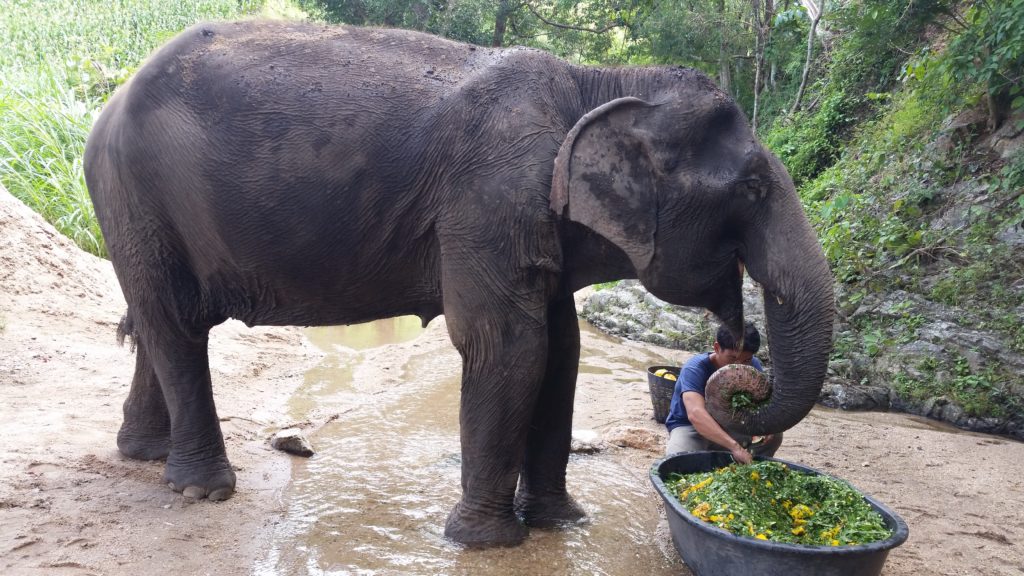
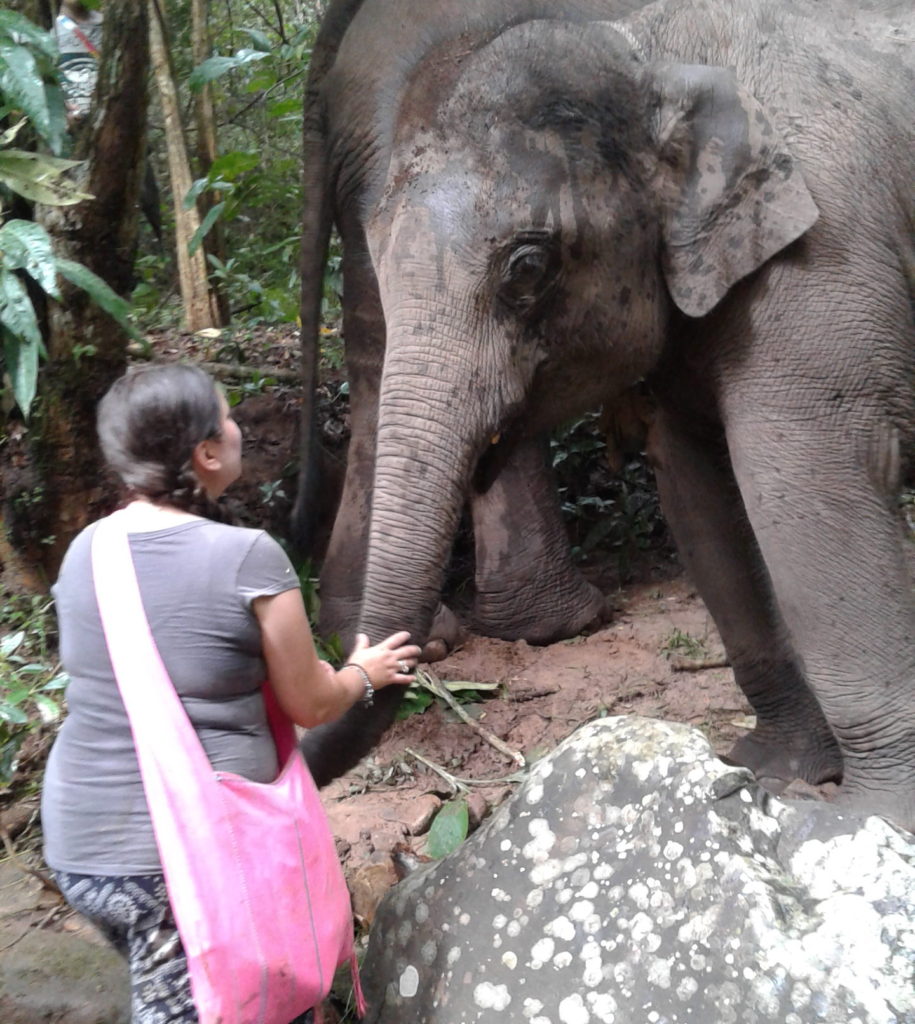
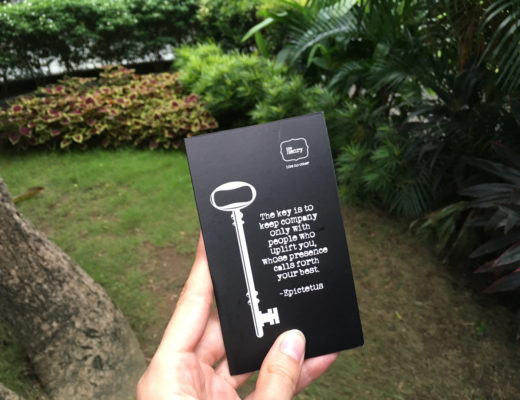
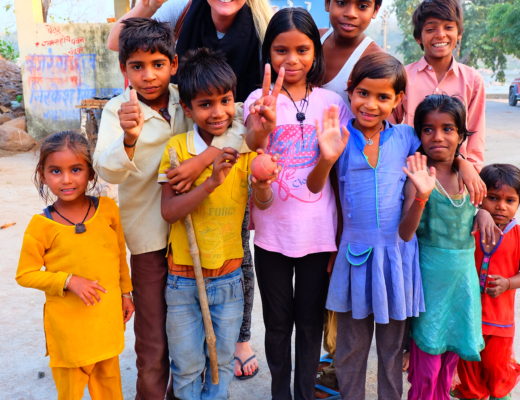
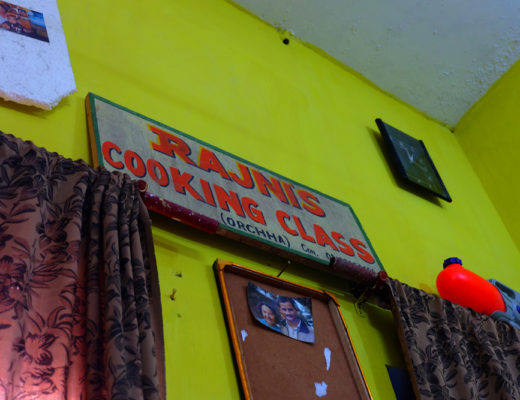

1 Comment
Judy Parker
September 26, 2016 at 1:36 pmThank you for sharing this interview with us. Education changes attitudes. We learn that it’s not so much a matter of good and bad, but cultural practices that relate to a community’s survival.
Thank you, Tiffany, for caring enough to follow your heart and for all the work you do to make a difference. Your efforts to raise awareness with the mahouts is also helping to raise my awareness of their need to support their families and community in a way that’s been passed down for generations. Hopefully they will adapt to more humane practices through your example and kindness.